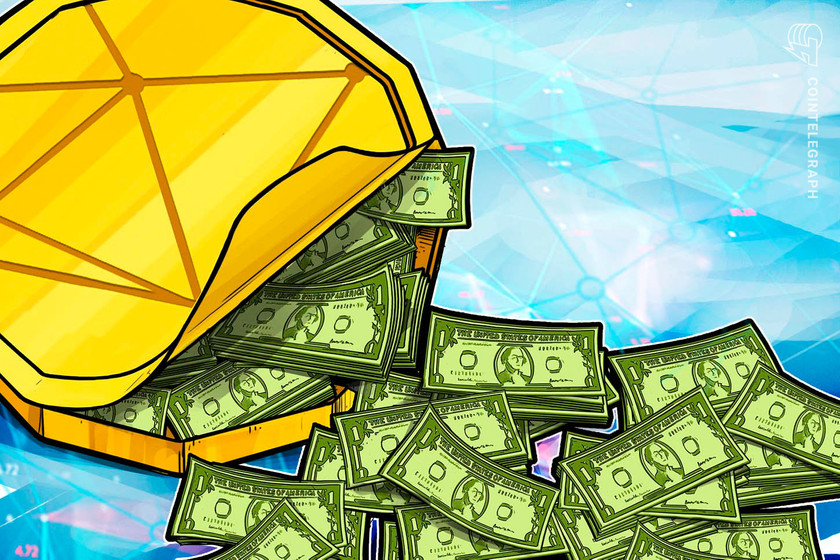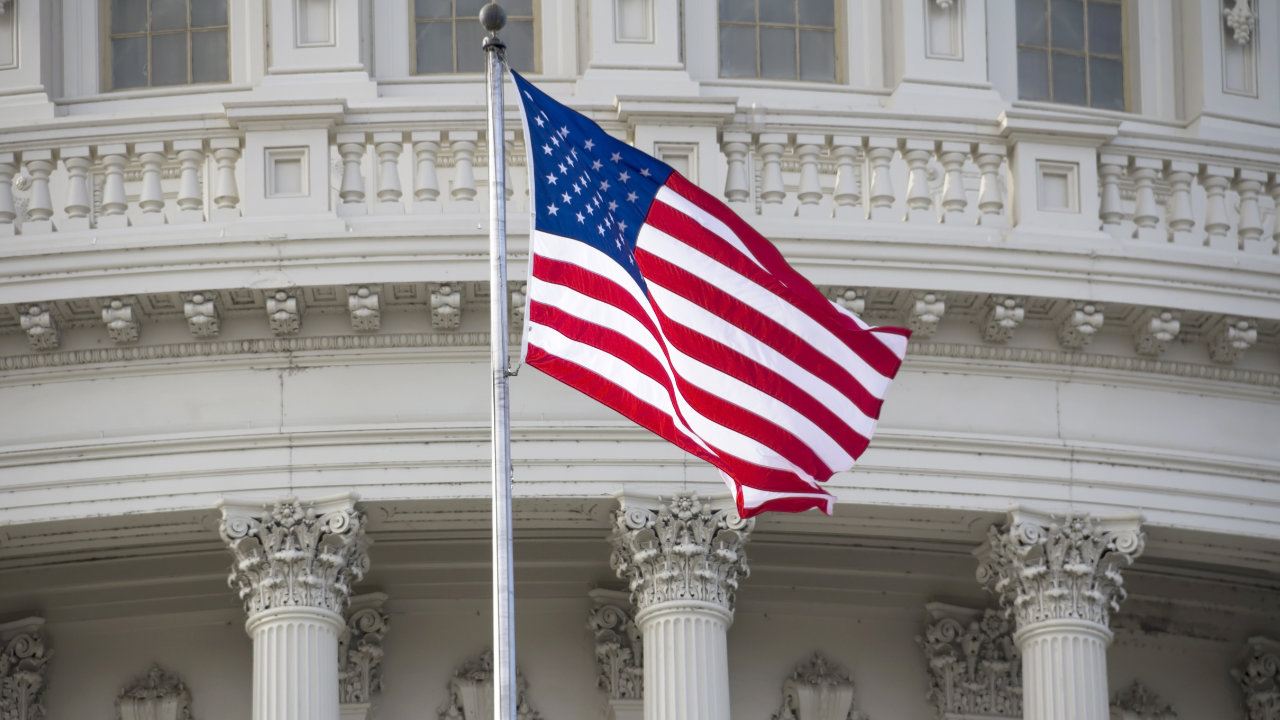
New research claims 21 accounts pumped the $4.4B EOS ICO with wash trades
New research asserts that EOS and ETH were wash-traded on exchanges to manipulate prices during EOS’s multi-billion dollar ICO. New research has shed more light on the crypto industry’s largest-ever token sale, alleging that foul play may have been afoot during EOS’s initial coin offering (ICO) four years ago.Researchers from the University of Texas have raised fresh concerns regarding Block.one’s record $4.362 billion ICO for the EOS blockchain in 2017 and 2018. The highly-anticipated project was backed by industry heavyweights including PayPal co-founder Peter Thiel alongside billionaire....
Related News
Securities and Exchange Commission regulators should move to protect investors from traders who distort the NFT market with manipulative trades — and they probably will soon. Studies show that most people who attempt to wash trade nonfungible tokens (NFTs) are unprofitable. But that doesn’t stop them from trying, which makes it a glaring regulatory and enforcement issue for the industry. In wash trading, manipulators buy and sell an asset between themselves to create the appearance that the asset is in higher demand and, therefore, worth more than it would be otherwise. With NFTs, wash....
Findings from Chainalysis shows the NFT space to be prone to wash trading, but most traders are not profiting. Nonfungible tokens (NFT) have taken the world by storm, resulting in mainstream interest and greater adoption of cryptocurrency. According to blockchain analysis firm Chainalysis, NFT popularity skyrocketed in 2021. Chainalysis’ “NFT Market Report” shows a minimum of $44.2 billion worth of cryptocurrency sent to Ethereum smart contracts associated with NFT marketplaces and collections last year. The report notes that this number was $106 million in 2020.While impressive,....
The SEC asserts that the defendants unlawfully gleaned more than $700,000 through a wash-trading scheme that targeted exchanges offering market maker rebates. The U.S. Securities and Exchange Commission has filed a complaint against two Robinhood users over an alleged wash-trading-based arbitrage scheme that utilized meme stocks.According to a Sept. 27 complaint, defendants Suyun Gu and Yong Lee took advantage of differing trading fee schedules offered by different retail brokers and exchanges to extract arbitrage while wash-trading.By trading between venues that offer rebates to market....
A committee of the U.S. House of Representatives has proposed to subject cryptocurrencies to the “wash sale” rule. Since cryptocurrencies are treated as property by the Internal Revenue Service (IRS), they are currently not subject to the wash sale rule. This proposal attempts to close down a big crypto tax loophole.
Crypto Included in New Proposal
The Committee on Ways and Means, the chief tax-writing committee of the U.S. House of Representatives, proposed to subject cryptocurrencies to the wash sale rule Monday. If adopted, the rules will apply to crypto trades....
The simultaneous purchase and sale of crypto assets is called wash trading. Read this guide to understand the purpose of a wash trade. Why is wash trading a problem for the NFT space?NFT wash trading is a problem for investors, the global community, collectors and traders because these participants use less liquid nonfungible tokens to manipulate the price of an asset.Due diligence has become more difficult as investors have been forced to rely on measurable statistics, making wrong investment decisions. To encourage NFT investments and prevent NFT scams, discrepancies in the data must be....





